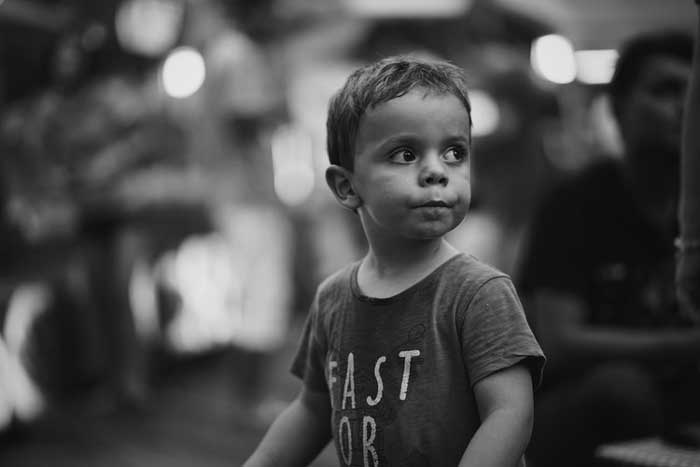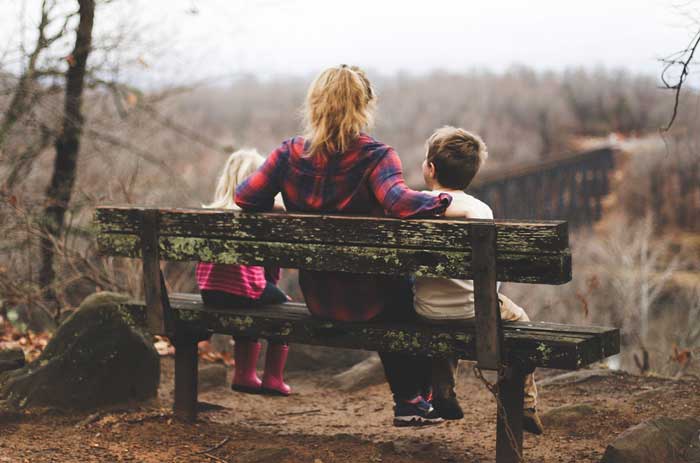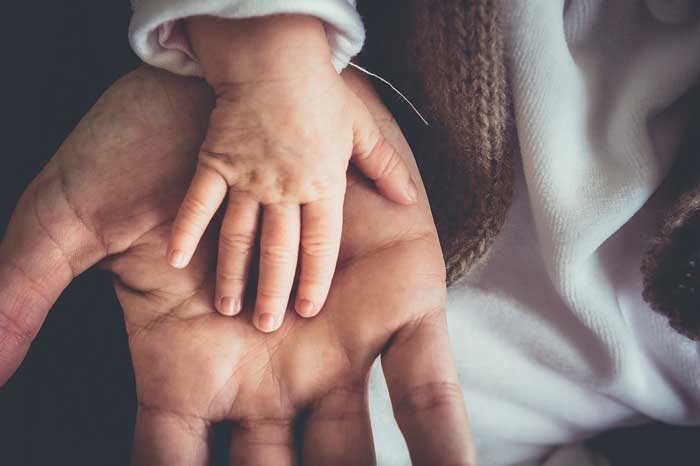Toddlers and Tantrums: 10 Unexpected Benefits
Come to think of it, we all have tantrums which are part of our emotional life; they are not comfortable, yet they do a job that we need to be done. So with our toddlers: their tantrums, however disturbing, often work for their emotional boon.
 When our little ones act up, it puts a great strain on us as parents. Watching the children smile and feel at ease makes us believe we make excellent moms and dads, but as soon as they break into a scene, start to scream and misbehave, instantly we are thrown into the abyss of dismal mood and helplessness. It is unpleasant, but we shouldn’t disregard the fact that toddlers’ emotions may need these outbursts, and they can actually ensure their emotional health.
When our little ones act up, it puts a great strain on us as parents. Watching the children smile and feel at ease makes us believe we make excellent moms and dads, but as soon as they break into a scene, start to scream and misbehave, instantly we are thrown into the abyss of dismal mood and helplessness. It is unpleasant, but we shouldn’t disregard the fact that toddlers’ emotions may need these outbursts, and they can actually ensure their emotional health.
It lets the feelings out
As the toddler cries, one of the things that ensue is that he diminishes the stress in his body. Through tears he loses the stress hormone cortisol; also, tears are known to decrease blood pressure and, if there is loving care and solace, balance out the emotional state. As you have surely noticed, for the toddler who is about to throw a tantrum, everything is out of joint. He becomes short-tempered or starts to whine. But after he had it all out, the mood gets peaceful and restful. Therefore it’s advisable to let the child play it to the end instead of attempting to get it calmed down before he is ready to. Remember that crying doesn’t mean being hurt – it is a means to cope with the hurt, as psychologists tell us.
It may be conducive to learning
Not being developed enough intellectually, little children can get stumped easily when they are trying to implement a task that requires a skill. That is a strong frustrating experience for them, and it is but natural that they can react with a tantrum. After they have had one, they return to the task at hand and may get it done properly. By expressing their frustration freely (although not quite pleasantly) they sort of clear up their minds and can find a way out of their problem that they failed to grasp before. It happens because learning is children’s natural ability, and, generally speaking, they can get to solve certain problems on their own. For that, they need to concentrate, but it can be impossible due to some emotional issue that gets in the way. In order to go one step further, the child must feel relaxed and content, so when he feels perturbed, he needs to get it out of his system so that he can proceed.
It may make for a healthier sleep
If parents are successful in stemming the kid’s tantrums and work hard at avoiding them, it might result in the toddler developing disrupted sleep. Since the emotions failed to find proper expression and were left pent-up, they start to boil when the baby calms down for his sleep. It is the same with us grown-ups, actually: when we are overcome by emotions that we can’t digest quickly enough, we cannot fall asleep. So, once the child got the troubling emotions out completely he may enjoy a sounder sleep than if they were left raging in his soul.
It is a way of learning to accept a “no”
Tantrums are often generated by your saying “no” to the toddler. Now that is the one thing we cannot do without. When you say “no,” you give the kid a clear understanding of what you deem admissible behavior and what you don’t. A reluctance to deal with the child’s too emotional reaction to our “no” can be perfectly understandable, yet it needs to be said, and we should stick by it showing at the same time that we aren’t going to withdraw our love by hugs and other loving expressions. Don’t be afraid of facing unwelcome emotional reactions – it’s one of the parental obligations, not more nor less.
It shows your toddler he can express his feelings safely
You won’t take this one in easily, but a tantrum can be actually regarded as a sort of compliment. Tantrums are not always used as a means to make us change our minds and succumb to the kid’s expression of discontent; often it is a sign that the toddler has accepted your “no” and shows you his feelings about it. It’s up to you to remain firm and give him to understand that you can share his concern. What the child needs is caring and bonding, and the outward reason for acting up can be a mere pretext.
It can strengthen your bond
As the child keeps sharing his emotional outbursts with you, your mutual feeling of togetherness grows. An angry baby can look as if he resents your presence and would like you to be as far away from him as possible, but actually, he wants you to stay with him and see him through his tantrum. You can let him give vent to his feelings until he is through with it and not try to stem the tide. Talk to him in a kind and gentle manner, open your arms to him, show you’re unconditional – the little one is sure to understand it and be increasingly grateful to you for adopting this kind of attitude.
It goes to stabilize the kid’s behavior in the end
Children can express their negative emotions in a number of ways, including a display of aggression, refusal to share or to cooperate when doing simple everyday actions (getting dressed, for example). These attitudes show that the kid is having problems with his emotions. They interfere with his usual behavior. Now when he can let it all out in a big way he can return to his natural, quieter state of mind.
Tantrums at home may decrease the possibility of their occurring in public
As the child feels the need to let control go and fly off the handle, he will (if he has a chance) certainly try to do it at home where he knows his parents can have more time and better opportunity to participate in the tantrum. It’s no use to admonish little children to play up “keeping it together” and do it in a manner most convenient for us: he won’t be able to heed our wants when the emotions pour over the brink. But as we adopt the policy to listen to him out regularly and join him in his moments of upset at home, the less emotional strain he will take with him on an outing.
We have grown out of tantrums, but your toddler hasn’t
One of the signs of growing up in the developing ability to regulate emotions – the child begins to cry not so frequently because he can cope with his emotions better and better. It gradually dawns on him that the society he is living in does not accept crying and emotional outbursts in their stronger expressions. We have long gone along with this, and sometimes we fail to understand that a good flood of tears could lift the weight off our shoulders. With adults – men especially – it is really a difficult task to get themselves in a safe situation where they could get round to purging their emotions in an outburst that will leave them more relaxed and happy. While your toddler can still free his soul and heart through a stormy scene, let him do it!
It can have a healing influence on everyone involved
As the toddler releases his pent-up emotions in a tantrum, we are disturbed in more ways than one. Subconsciously we hark back to the time when we were the same age and our parents didn’t take it gladly when we had our own emotional overflows. The imprint of the treatment we received from our own parents can still be strong deep down inside us, and because of it, we have to break down barriers so we can empathize with our child’s tantrum. Now we know that support and attention are needed, and we can salve our own scars as we learn to bond with the crying toddler and show him our loving care.
When you have seen the storm through, you may need a little support for yourself: take half an hour to meditate, take a walk alone or chat with a friend, watch a comedy – or maybe cry a little! It will go a long way to make you a calmer, more restful person (and parent!).




